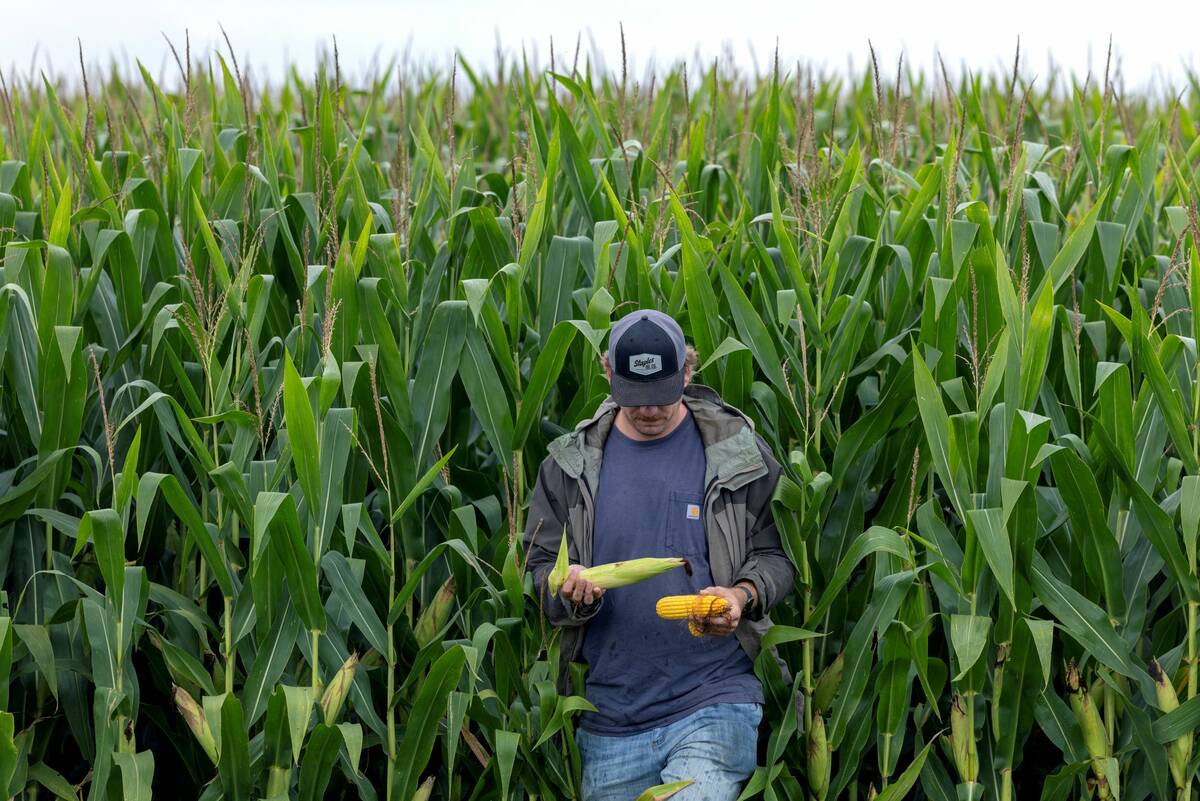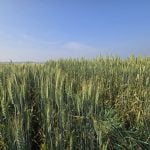Rome | Reuters — All packets of pasta and rice sold in Italy will have to include labels of origin showing where the produce was grown, the government ruled on Thursday, a move aimed at protecting local farmers.
The agriculture and industry ministers signed a decree ordering the new labelling policy, saying it would run in an experimental fashion for two years, and criticizing the European Union for not introducing the measure across the 28-nation bloc.
“We are putting Italy in the vanguard of Europe when it comes to labelling as a competitive tool for the Italian (agriculture) sector,” Agriculture Minister Maurizio Martina said in a statement. He called on the rest of Europe to follow suit and show greater “courage.”
Read Also

The U.S. corn crop could be the biggest ever. That’s terrible news for America’s farmers.
The USDA predicts a record corn crop for U.S. farmers, who question the agency’s accuracy amidst high debt and low crop prices.
Canadian exporters and farmers fear the move will depress prices in Canada, the biggest global durum exporter, as it will require Italian pasta makers to segregate supplies by country, adding to the cost of moving the wheat to Italy.
Annual Canadian sales to Italy are worth an estimated $248 million, based on average export volumes and International Grains Council price data.
The government decree says pasta packaging must now reveal where the wheat was grown and milled into semolina for pasta-making. Rice packaging will have to state where the rice was grown, treated and packaged.
The Canadian government is seeking clarification from Rome and assessing Italy’s trade obligations under the World Trade Organization and free trade agreement between Canada and the European Union, a spokesman for Agriculture Minister Lawrence MacAulay said.
There is no indication that Italy’s move has affected trade yet, he said.
Cam Dahl, president of Cereals Canada, whose members include Cargill and Richardson International, said he expected Italy’s labels to take effect early next year.
“That would unquestionably harm our exports,” he said.
Italy’s Industry Minister Carlo Calenda said the vast majority of Italian consumers wanted to know the origin of their foodstuffs, adding that it was important to promote Italian farmers.
“We want to emphasize the importance of ‘Made in Italy’ and the quality of our production in order to compete with greater strength on international markets,” he said in a statement.
— Reporting for Reuters by Crispian Balmer in Rome and Rod Nickel in Winnipeg.









